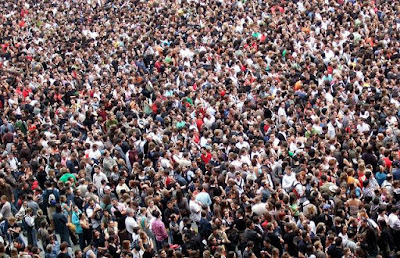Luke 2:15-21 When the angels had left them and gone into heaven, the shepherds said to one another, "Let us go now to Bethlehem and see this thing that has taken place, which the Lord has made known to us." So they went with haste and found Mary and Joseph, and the child lying in the manger. When they saw this, they made known what had been told them about this child; and all who heard it were amazed at what the shepherds told them. But Mary treasured all these words and pondered them in her heart. The shepherds returned, glorifying and praising God for all they had heard and seen, as it had been told them. After eight days had passed, it was time to circumcise the child; and he was called Jesus, the name given by the angel before he was conceived in the womb.
Reflection Two thousand years have passed since we stood in the temple and witnessed the kvatters take the child from Mary and bring him to the mohel who executes the Law of Leviticus 12.2 “On the eighth day, the flesh of his foreskin shall be circumcised.” it is two thousand years since we heard the infant Jesus’ cries mixed with the mohel’s prayers, “Blessed are You, L‑rd our G‑d, King of the universe, Who has sanctified us with His commandments and commanded us concerning circumcision.”
Our Jewish sisters and brothers understand that the act of circumcision, marking the completion of the body, is a human act. It teaches that “our spiritual, emotional, moral and ethical perfection requires human effort. G‑d cannot do it for us.” ** During our lifetimes we enter many partnerships, most of which will come to a natural end or be broken. The ritual circumcision, is a symbol of partnership with God. Etched in the body’s flesh, it represents a partnership that will never end and never be forgotten. Humanity is meant to live in partnership with God cultivating our “spiritual, emotional, moral and ethical perfection” without end.
Jesus grew up understanding the ritual of circumcision and that his name was no accident; he was responsible for living in partnership with God. He was named, called Yeshua, to be the saving revelation of God. As we reflect on the life and ministry of Jesus we see what happens when we try to put words around the amazing partnership of humanity and divinity as expressed in and of and as Jesus.
God’s indelible partnership with us is one thing we cannot adequately identify or represent so instead we describe aspects of God with us as revealed in the life of Jesus; brightness of everlasting light, King of glory, prince of peace, pattern of patience, gentle and humble of heart, model of goodness, our refuge, eternal wisdom, teacher of apostles, courage of martyrs, crown of all saints…. there is no end to this litany.
Here is the thing, the revelation of God with us does not end with Jesus. It continues in and of and as each of us fulfill our lives in partnership with God. By our baptism we are children of God and as children of God we are sisters and brothers of Jesus, each named to live in and of and as the revelation of God’s saving presence with all of humanity. So, remember your baptism!
If you found this post meaningful, please share by clicking on icons below. Thank you.
** http://www.chabad.org/library/article_cdo/aid/1472861/jewish/The-Circumcision-Ceremony-in-a-Nutshell.html














